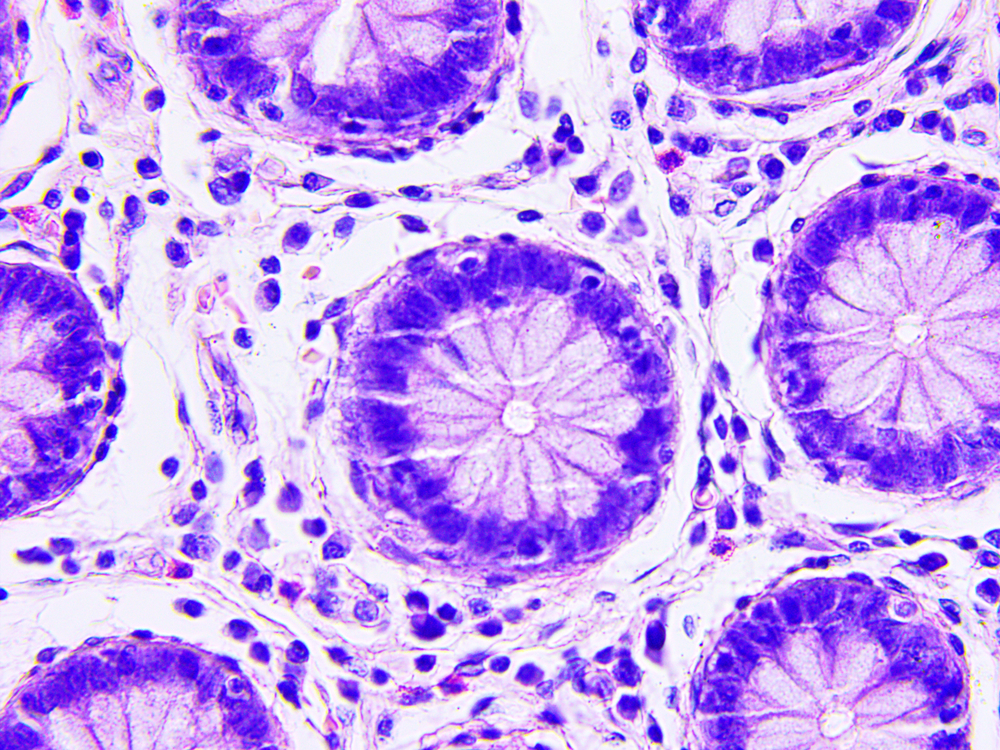Rare Sarcoid Reaction Detected in Patient with Colon Cancer, Case Study Reports

In a new study, a medical team describes a rare case report of a sarcoid reaction in the spleen and regional lymph nodes in a patient with colon cancer.
The study, “Sarcoid reaction in the spleen after sigmoid colon cancer resection: a case report,” was published in the Surgical Case Reports journal.
A sarcoid reaction is characterized by the presence of granulomatous lesions, but where no evidence of sarcoidosis exists. While this phenomenon is benign, recent reports suggest it could also accompany malignant tumors such as those in the skin, lung, ovary, stomach, and breast. In colorectal cancer, however, sarcoid reaction is quite rare.
In this report, authors describe a 76-year-old woman who underwent laparoscopic sigmoidectomy for sigmoid colon cancer. The sigmoid colon is the part of the large intestine that is closest to the rectum and anus, and a laparoscopic sigmoidectomy is a minimally invasive surgical procedure to remove all or part of the colon.
In the postoperative follow-up, exams showed positive signs for metastasis in the patient’s spleen, and the woman underwent a laparoscopic splenectomy to remove the spleen. When the resected (cut out) lymph nodes and spleen were examined, they showed the presence of epithelioid cell granuloma without traces of tumor cells.
The team then went back to the primary sigmoid colon cancer and to the lymph node and liver metastasis and performed an additional analysis, which also revealed the presence of a granuloma in which no tumor cells were identified, as in the case of the spleen and lymph nodes. The medical team concluded this was a case of sarcoid reaction.
These results describe a rare case of sarcoid reaction in the spleen and regional lymph nodes after colon cancer resection, which appears to be first case report of such a nature, the authors wrote.
However, due to the low number of described cases of sarcoid reactions in patients with colorectal cancers, how this affects the prognosis of these patients is still largely unknown.
This case report highlights the need for further analyses involving a larger number of cases so that clinicians can evaluate the relationship between sarcoid reactions and colorectal cancer, and how if affects the patient’s prognosis.






